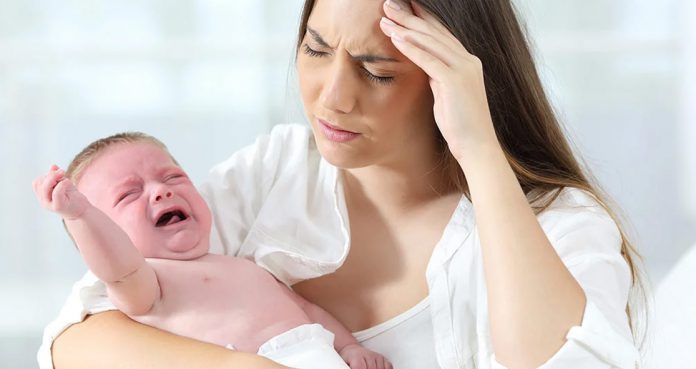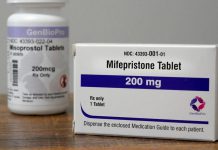A new study, published in the journal Molecular Autism, has found that mothers with autism are more likely to have postnatal depression than mothers without autism.
Researchers from the University of Cambridge, UK, have tried to offer a better understanding of what autistic mothers experience during and after pregnancy.
Study author Dr. Alexa Pohl said, “Autistic mothers face unique challenges during the perinatal period and parenthood. Despite these challenges, an overwhelming majority of autistic mothers reported that parenting overall was a rewarding experience.”
“This research highlights the need for increased awareness of the experiences of motherhood for autistic women and the need for more tailored support,” she added.
The researchers looked at 355 mothers with autism and 132 mothers without autism.
The findings showed that nearly 60 percent of autistic mothers had experienced postnatal depression. Also, they had more difficulties in coping with domestic responsibilities, multitasking, and creating social opportunities for their kid.
Director of the Autism Research Centre at Cambridge Prof. Simon Baron-Cohen said, “This worryingly high number of autistic mothers who experience postnatal depression means we are failing them and their infants at a critical point in their lives.”
“We now need more research into why the rates are so much higher, whether they are seeking help and not getting it, or if they are not seeking help and for what reasons,” he added. “A new research priority is to develop autism-relevant screening tools and interventions for postnatal depression in these mothers.”
The study also found most autistic mothers did not believe they have the condition for the majority of the time when they disclosed their autism diagnosis to a medical professional.
In fact, they felt that they were misunderstood by professionals during prenatal and postnatal appointments, eventually finding their motherhood an isolating experience.
However, despite all the challenges, it was reported that mothers with autism were ready to do the best for their children. They wanted to put their child’s needs first and seek social opportunities to boost their kid’s confidence.
Founder of “Autism Women Matter,” Monique Blakemore said, “This vital study was initiated by the autistic community, who collaborated as equal partners with researchers in the design, dissemination, and interpretation of the survey. This is an excellent example of what can be achieved through such partnerships,” said Monique Blakemore, an autistic advocate and member of the team.”























